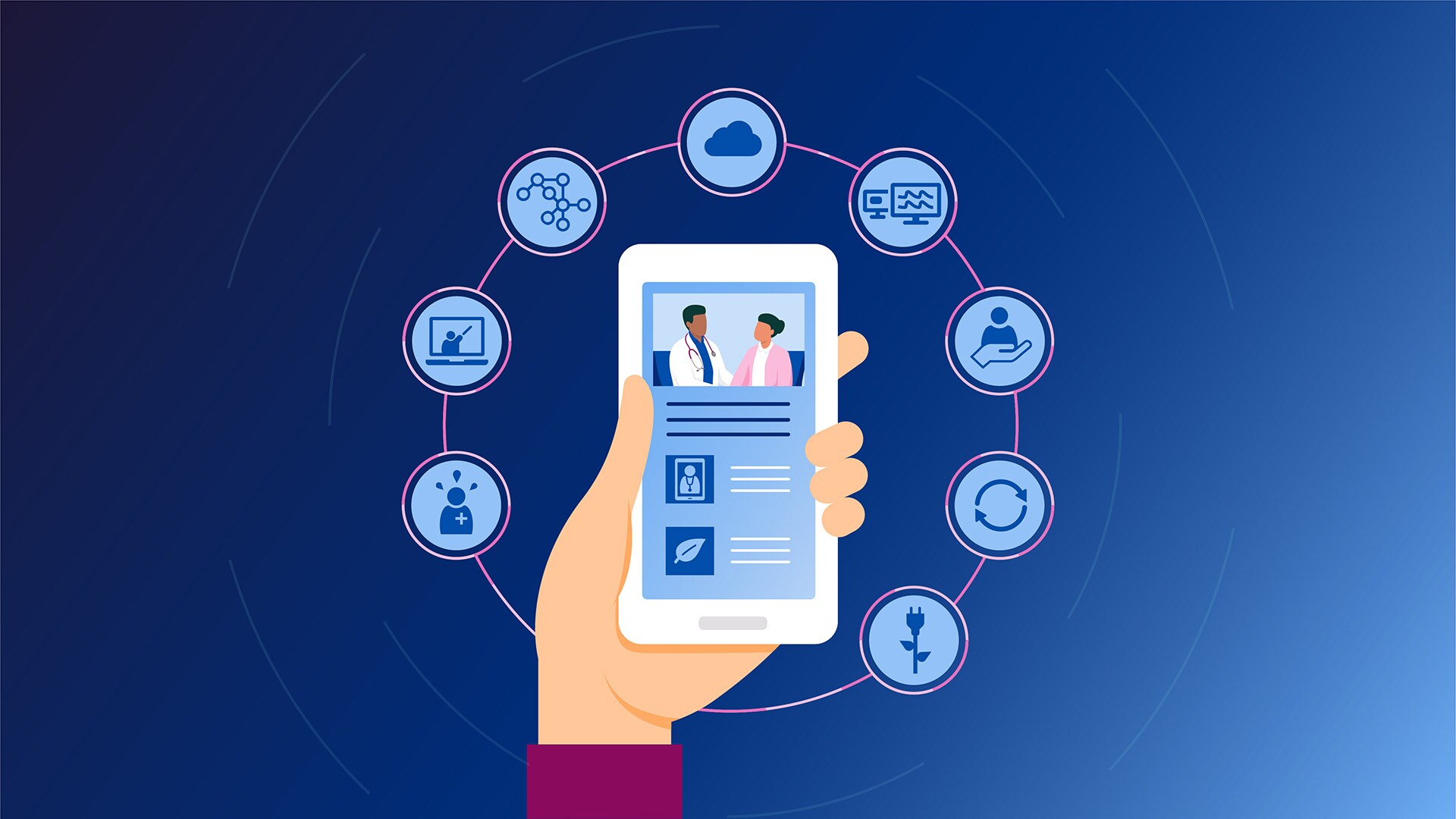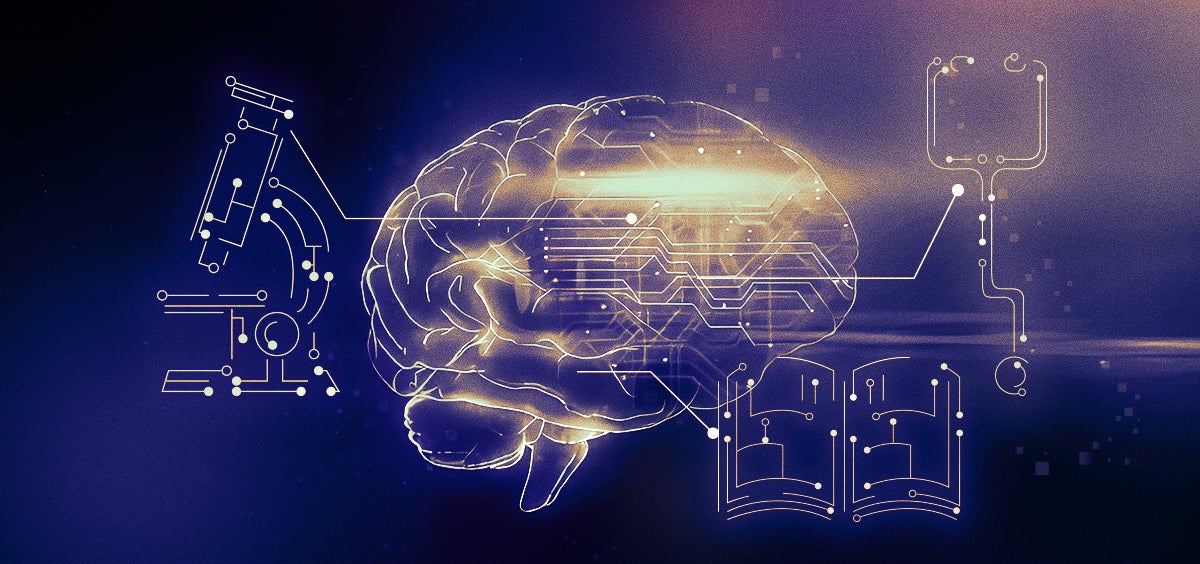Brain-computer interfaces (bcis) have vast potential for innovation and advancement. We will explore the possibilities and prospects that bcis offer in various fields.
From healthcare to entertainment, bcis enable direct communication between the brain and external devices, opening up a world of opportunities. Whether it’s improving quality of life for individuals with disabilities or enhancing virtual reality experiences, bcis are poised to revolutionize the way we interact with technology.
With ongoing research and development, bcis hold the promise of unlocking new frontiers in fields such as education, gaming, and neurofeedback. Join us as we delve into the fascinating realm of brain-computer interfaces and the potential they hold for a future shaped by mind and machine.

Credit: www.philips.com
The Evolution Of Brain-Computer Interfaces (Bcis)
Brain-computer interfaces (bcis) have come a long way since their inception. Historical developments and milestones have shaped bcis into what they are today. Promising applications in fields like healthcare, gaming, and communication have sparked further interest. Bcis have the potential to revolutionize how we interact with technology, allowing users to control devices with their thoughts.
Researchers and scientists are constantly expanding the possibilities of bcis, aiming to enhance the quality of life for individuals with disabilities. With ongoing advancements in neural engineering and machine learning, bcis hold the key to unlocking the full potential of the human brain.
As we continue to explore the capabilities of bcis, we uncover new opportunities to improve not only our personal lives but also society as a whole. The journey of bci evolution is filled with innovation and promises a future where our thoughts can directly interact with the digital world.
Enhancing Communication And Accessibility
Brain-computer interfaces (bcis) have opened up a world of possibilities for enhancing communication and accessibility. These innovative technologies enable individuals with disabilities to communicate in ways that were previously unimaginable. Bcis utilize the power of the human brain to control external devices and interact with the digital world.
By translating neural signals into actionable commands, bcis offer a means for those with limited mobility or speech impairments to express themselves. These advancements in assistive technologies are revolutionizing the lives of individuals with disabilities, empowering them to communicate and interact with their surroundings in meaningful ways.
The potential of bcis goes beyond communication, extending to areas such as medical applications and gaming, offering opportunities for inclusion and improved quality of life. With further research and development, the potential of bcis is boundless, promising a future where individuals of all abilities can fully participate and thrive.
Advancements In Medical Research And Treatment
Exploring the potential of brain-computer interfaces holds tremendous promise for advancements in medical research and treatment. The field of neurology and neuroscience is being revolutionized by these cutting-edge technologies. The ability to interact with the brain directly opens up new possibilities for diagnostics and therapies.
Breakthroughs in this area could provide insights into various neurological conditions and offer improved treatment options. The development of brain-computer interfaces has the potential to unlock the mysteries of the human brain, paving the way for innovative solutions and better patient outcomes.
As researchers continue to push the boundaries of this field, we can anticipate significant advancements that will shape the future of medical science.
Opening New Horizons In Artificial Intelligence
Brain-computer interfaces (bcis) hold immense potential in opening new horizons for artificial intelligence. These interfaces act as powerful tools for machine learning and ai algorithms, allowing for the fusion of human and artificial intelligence. Bcis enable direct communication between the human brain and computers, providing a seamless integration of cognitive abilities with technology.
By leveraging this synergy, bcis can enhance the capabilities of ai algorithms, enabling them to process complex tasks and make accurate predictions. The application of bcis in artificial intelligence is a breakthrough, as it facilitates the optimization of learning processes and the development of intelligent systems.
Through exploring the potential of bcis, we can unlock new realms of innovation and transform the way we interact with technology. The future of artificial intelligence lies in the integration of human and machine intelligence through brain-computer interfaces.
Conclusion
The potential of brain-computer interfaces (bcis) is truly remarkable. These innovative technologies have the ability to revolutionize the way we interact with computers and other devices. With bcis, individuals can overcome physical limitations and disabilities, improving their quality of life and providing them with new opportunities for communication and control.
Furthermore, the field of healthcare can greatly benefit from bcis, as they hold promising applications in the treatment of conditions such as neurodegenerative diseases and mental disorders. As the technology continues to advance, we can expect to see even more exciting developments in the field of bcis, opening up new possibilities for scientific research and enhancing our understanding of the human brain.
It is essential for researchers, engineers, and policymakers to continue their collaboration and support for the development of bcis, as they have the potential to shape the future of human-computer interaction.







